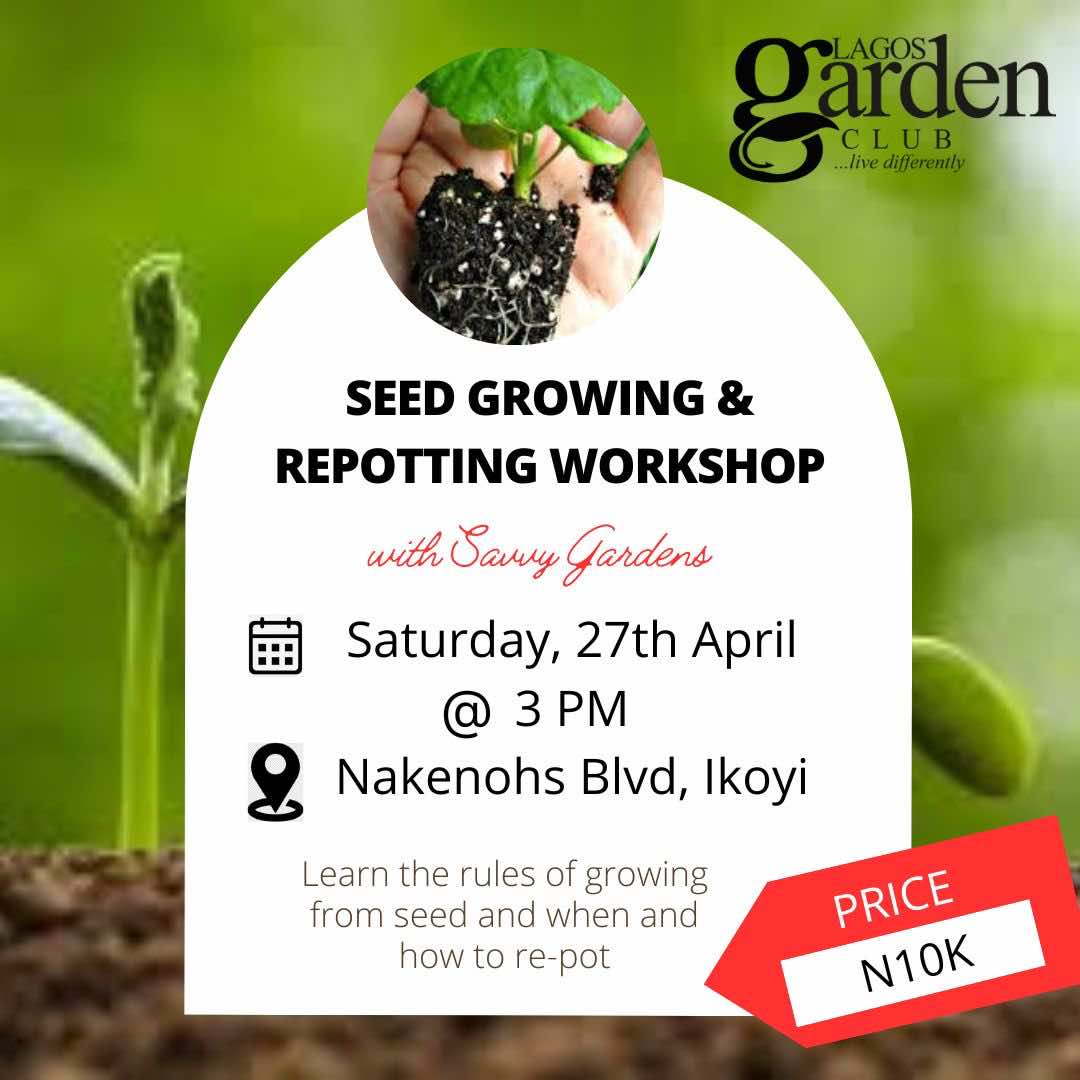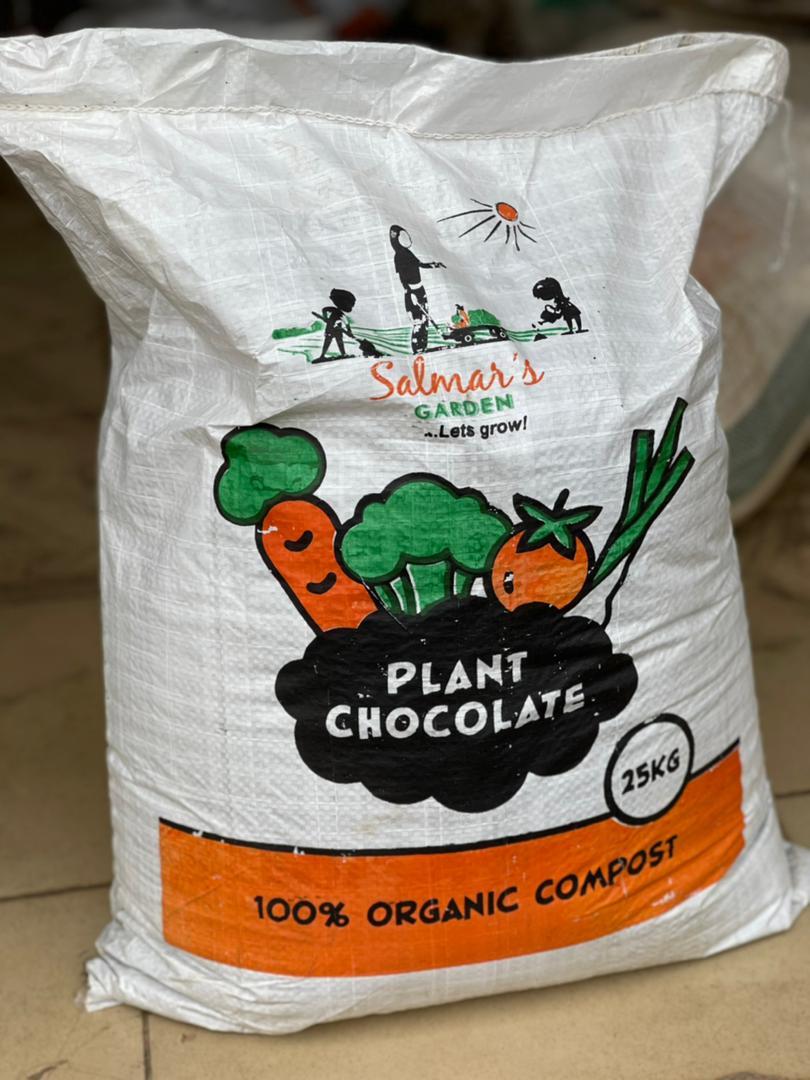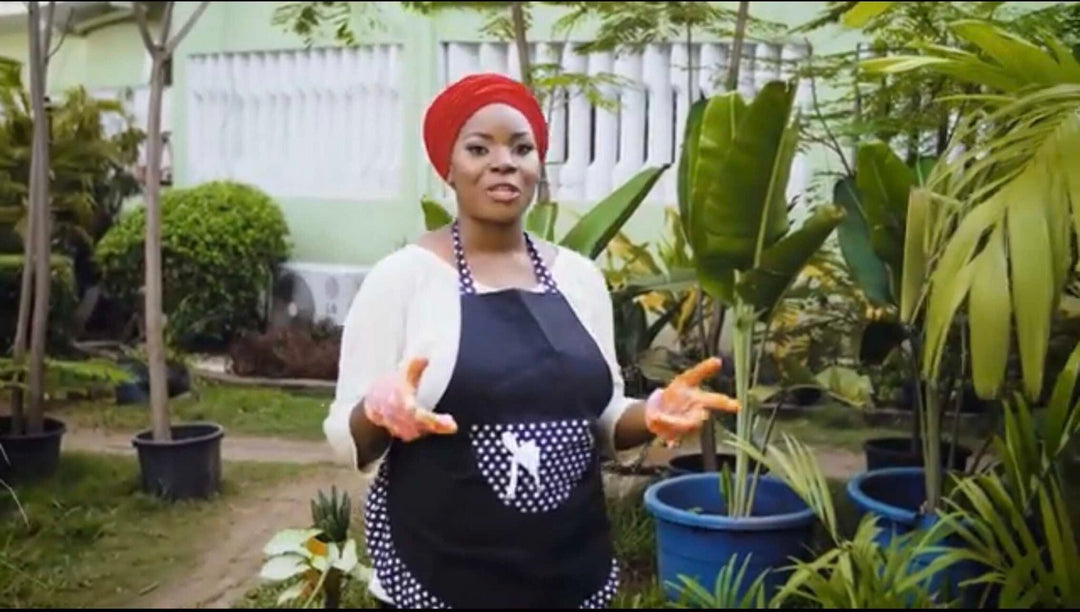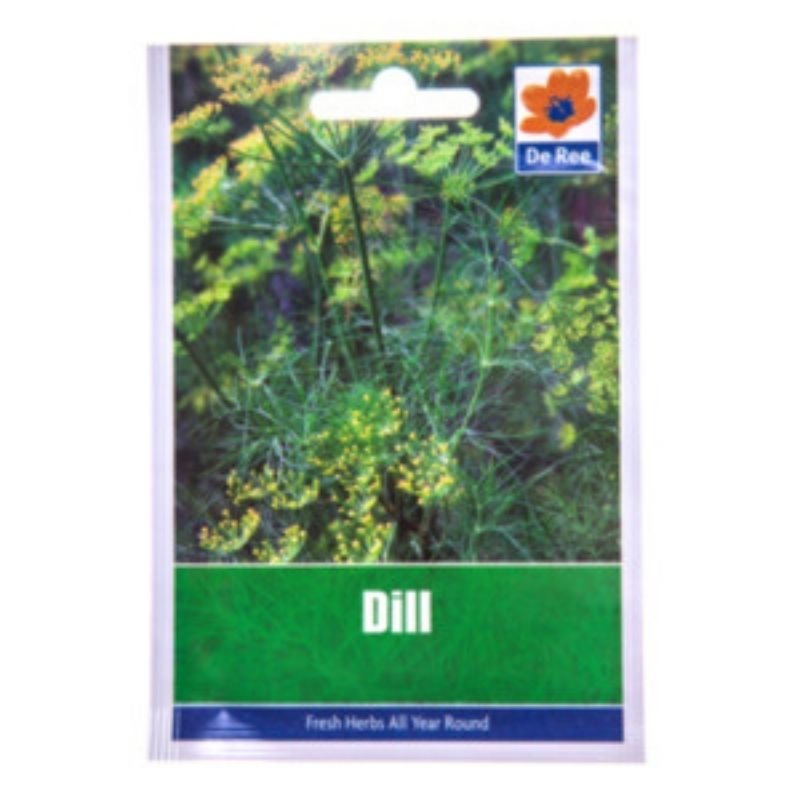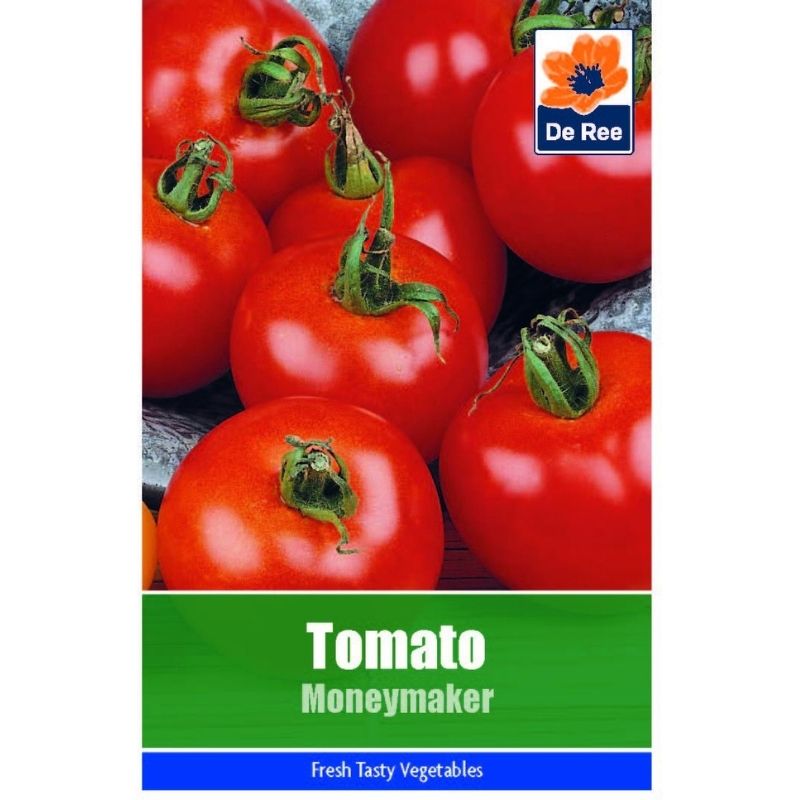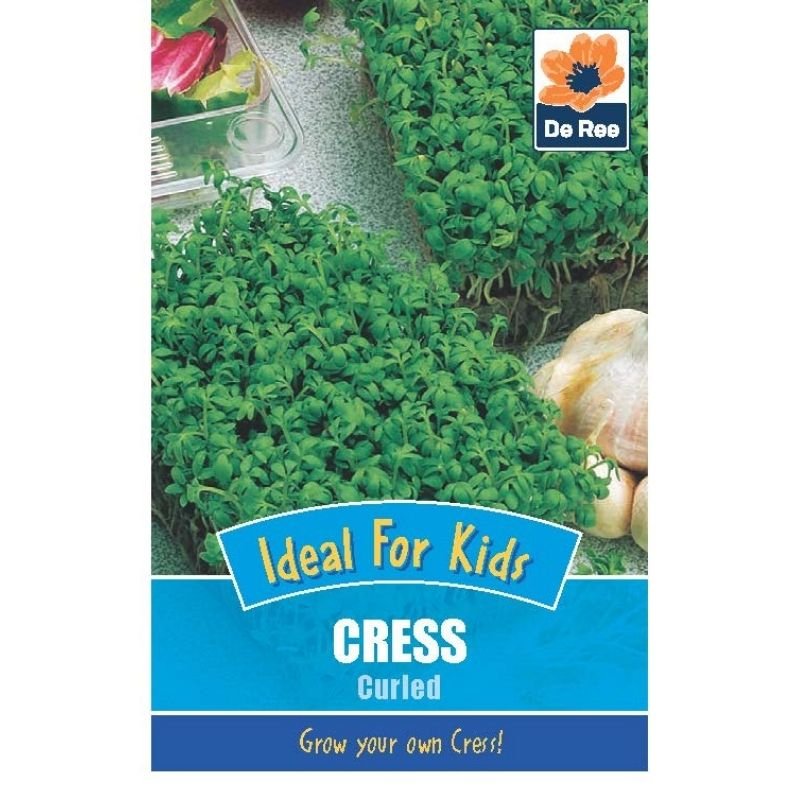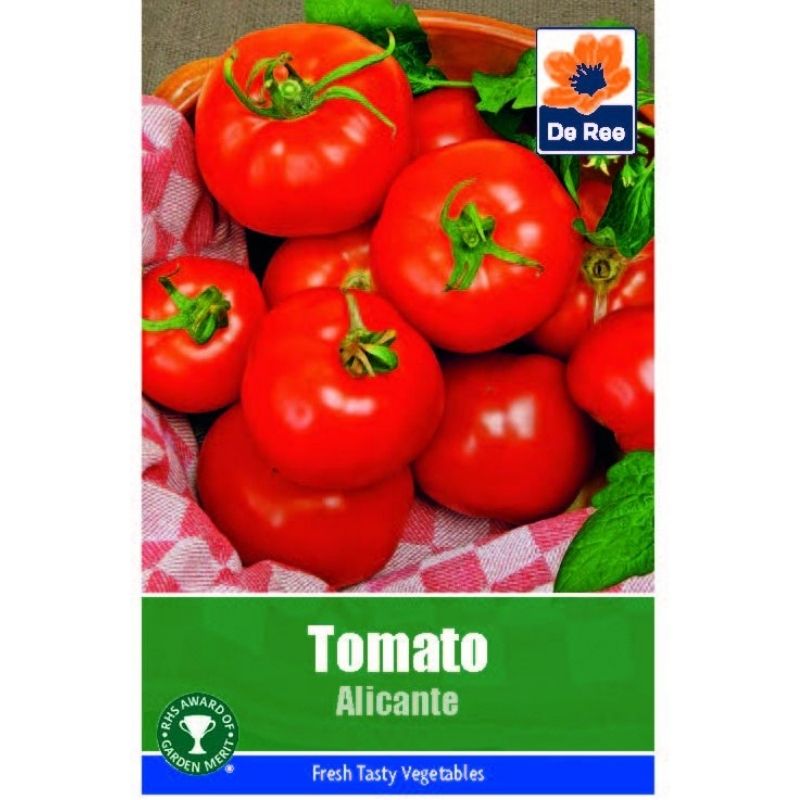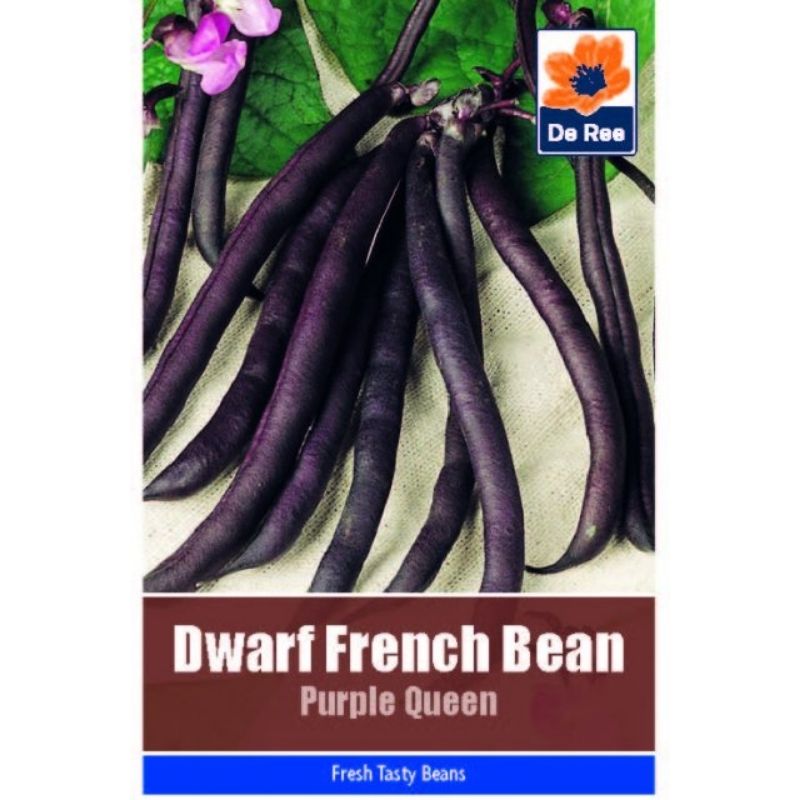Composting in 7 Steps
So what is this Composting all about anyway?
If you have been reading through our blog, you will have picked up that fertile soil is very important in any garden.
Composting is an excellent and easy way to introduce the nutrients your garden soil needs and the great thing about it is, you can make it yourself in your home and you do not need a lot of space to do it.
Benefits of Composting
- Keeps food waste out of landfills.
- No need to worry about smells or pests, if done correctly.
- It is an easy way to help the environment.
- Saves you money by eliminating the need to buy fertilisers for your garden.
- Turns food waste into rich fertile soil (black Gold) to grow food and other plants.
To create your own compost, you will need a few things.
The 7 Steps below assumes you do not have much outside space and would prefer to use container to make your compost:
- One large container with a lid. (e.g a large bucket)
- A hand drill or other tool to create holes in the container.
- Kitchen waste e.g. Fruits, vegetables, egg shells, coffee grounds, tea leaves etc. (No animal flesh or dairy!) - This is known as the 'Green' ingredients which is high in Nitrogen.
- brown ingredients such as brown cardboard or paper, dried leaves, saw dust etc.
- soil
- a garden fork, large strong stick or similar instrument for mixing
- water
More on 'Green' and 'Brown' compost ingredients here.
1
Use your drill to make several holes in the container (around the sides and underneath). This is to promote the flow of air within the container which is essential the in the composting process.
2
Add a thick layer of the Brown ingredients (explained above) to the bottom of the container.
3
Add a layer of your Kitchen waste (green ingredients - explained above). Ensure that your kitchen waste is cut up into small pieces so that your waste can break down faster.
4
Sprinkle a handful of soil over the green layer you have just added. This step introduces essential micro-organisms needed for the breakdown process.

If you happen to hind any earth worms in the soil or around your home, add them to the bin. Earth worms speed up the composting process.
5
Sprinkle some water over the soil you have just added. This is the second most important element of composting. Excess water will drain though the holes at the bottom of the bin.
6
Repeat steps 2 to 5 and as your kitchen waste becomes available, until the container is nearly full. It is important not to fill to the top so you have the space to mix/aerate the container detailed in the next step. You may want to wear a pair of garden gloves for the next step.
7
Use your garden fork, stick or similar instrument to mix the contents of the container on a weekly basis until you see that all ingredients have broken down which can take anything up to 4 months.
Then you can start feeding your garden with your home made compost!
NB. It will be useful to have a few of these containers going so that you don't run out of compost and have to wait for months for it to break down.


